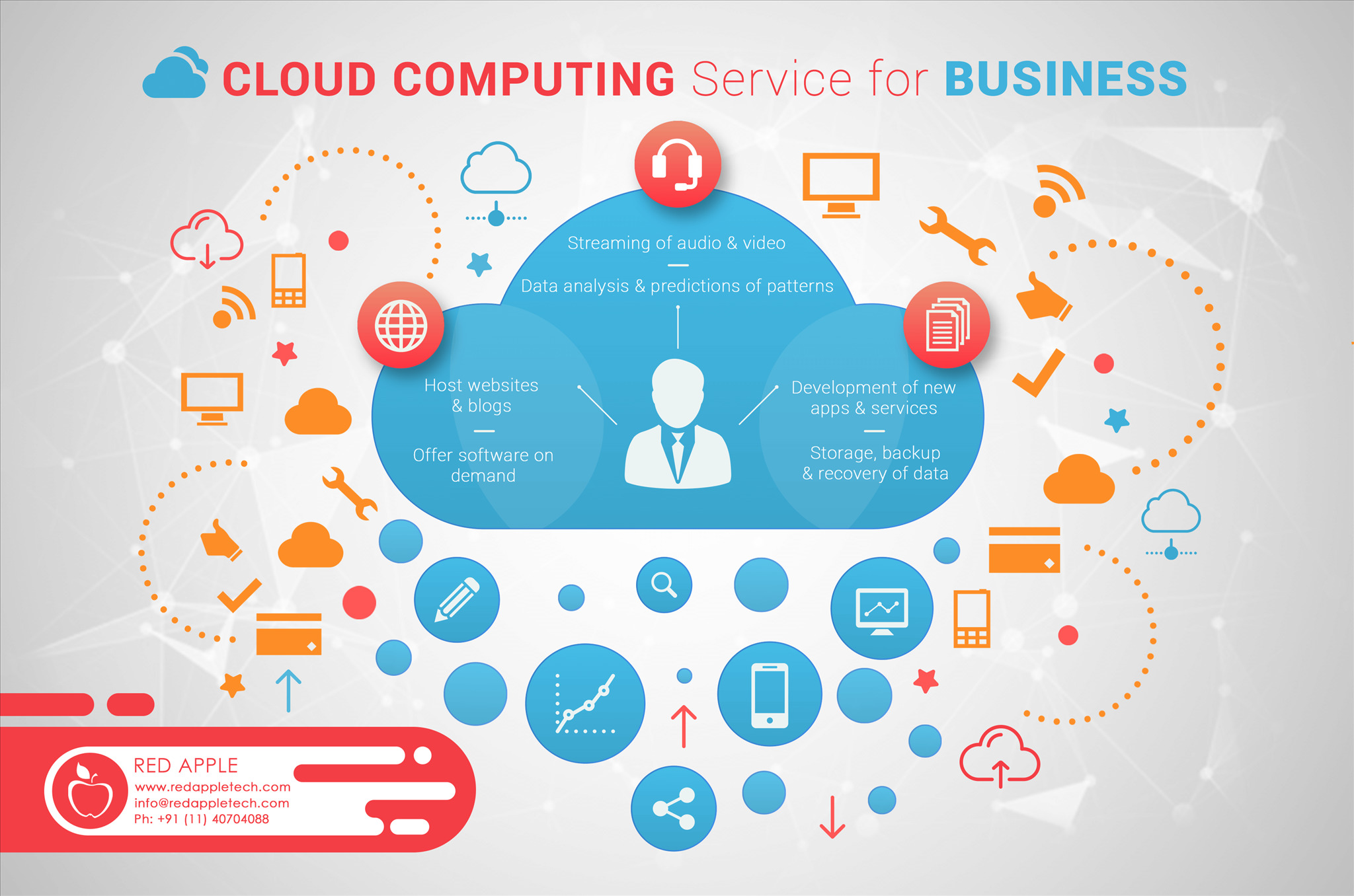LinkDaddy Cloud Services Unveiled: Specialist Tactics for Cloud Services Press Release Quality
LinkDaddy Cloud Services Unveiled: Specialist Tactics for Cloud Services Press Release Quality
Blog Article
Streamline IT Administration With Cloud Services
Cloud solutions have actually arised as a feasible solution for services looking to boost effectiveness, decrease costs, and improve total IT efficiency. Exactly how precisely do these cloud services revolutionize conventional IT monitoring techniques? Let's explore the transformative influence of leveraging cloud solutions on IT operations and the vital factors to consider for effective implementation.
Benefits of Cloud Provider

In addition, cloud services make it possible for companies to improve their functional efficiency by enhancing processes and reducing the time and sources needed for managing IT infrastructure. With cloud solutions, companies can automate regular tasks, such as software application updates and information backups, releasing up IT groups to focus on more calculated efforts that drive company value.

Boosted Scalability and Flexibility
Cloud services give organizations with unequaled scalability and adaptability in handling their IT resources successfully. Scalability is an important feature of cloud solutions that allows companies to conveniently change their IT sources based on need. With cloud services, companies can quickly scale up or down their computing sources, storage space capacity, and network transmission capacity to fulfill transforming requirements without the demand for considerable upfront financial investments in equipment. This flexibility enables organizations to adjust to changing workloads, seasonal demands, or unforeseen development without experiencing downtime or efficiency problems.
Moreover, cloud services offer the flexibility for workers to accessibility firm information and applications from anywhere, any time, and from any tool with an internet link. This ability enhances efficiency and partnership among remote groups or workers operating in various areas. Furthermore, cloud solutions offer the adaptability to select from a range of service models, such as Facilities as a Solution (IaaS), Platform as a Service (PaaS), or Software Program as a Service (SaaS), based on the particular demands of the service. The boosted scalability and adaptability provided by cloud solutions encourage companies to enhance their IT procedures and remain active in today's vibrant market setting.
Cost-Effectiveness and Financial Savings
With the ability to successfully allot sources based on demand, companies using cloud solutions can harness considerable cost-effectiveness and realize significant savings in their IT procedures. In addition, cloud services reduce upkeep expenses by changing the responsibility of hardware upkeep and software program updates to the solution provider. On the whole, the cost-effectiveness and savings accomplished via cloud services allow businesses to reapportion sources towards advancement and growth campaigns.
Improved Security and Conformity
Enhancing the overall protection posture and guaranteeing regulatory compliance are extremely important factors to consider for services leveraging cloud solutions in their IT administration methods. Cloud solution companies provide sophisticated safety steps, such as data security, multi-factor authentication, and automated back-ups, which can boost a company's security framework. These providers also adhere to rigorous governing criteria, such as GDPR, HIPAA, and PCI DSS, assisting services satisfy conformity requirements more successfully.
Implementing cloud services can improve safety and security by offering systematized control over access management, tracking, and data defense. This centralized approach streamlines protection administration and guarantees consistent application of safety and security plans throughout the organization. Cloud services usually offer real-time security updates and patches, minimizing the threat of susceptabilities and possible violations.
Best Practices for Cloud Application
Applying cloud solutions efficiently requires a structured technique that encompasses extensive preparation and persistent implementation. To make sure link a smooth transition to the cloud, organizations must start by conducting a thorough assessment of their current IT facilities and identifying which workloads are suitable for movement. It is necessary to establish clear purposes and specify essential efficiency indicators (KPIs) to gauge the success of the cloud application.
One of the most effective methods for cloud application is to meticulously choose a cloud company that straightens with the organization's requirements in regards to security, cost-effectiveness, scalability, and conformity. In addition, developing a thorough migration plan that describes the actions entailed, timelines, and duties is essential for a successful implementation.
Frequently enhancing and checking cloud resources to guarantee effective performance and cost administration is an additional important element of cloud implementation best techniques. Continual evaluation of the cloud setting and staying educated about updates and new features supplied by the cloud provider can additionally enhance the organization's Discover More cloud method. By complying with these finest practices, organizations can simplify their IT monitoring and take full advantage of the advantages of cloud solutions.
Conclusion
To conclude, leveraging cloud services for IT management offers many advantages, including boosted scalability, cost-effectiveness, boosted safety, and compliance. By following best practices for cloud implementation, organizations can improve their IT procedures, automate routine tasks, and optimize resource allotment. This structured approach allows IT teams to concentrate on tactical campaigns and advancement, inevitably delivering worth to the company. In general, cloud solutions enhance operational performance and agility in managing IT framework.
Additionally, cloud solutions supply the flexibility to select from a variety of solution versions, such as Facilities as a Solution like it (IaaS), Platform as a Service (PaaS), or Software Program as a Solution (SaaS), based on the certain demands of the service. Furthermore, cloud services minimize upkeep expenses by changing the responsibility of hardware maintenance and software program updates to the service copyright.Enhancing the general safety and security pose and guaranteeing regulatory compliance are vital considerations for companies leveraging cloud services in their IT administration strategies.Consistently keeping track of and enhancing cloud sources to make sure efficient efficiency and expense monitoring is one more essential aspect of cloud application ideal practices. Constant analysis of the cloud atmosphere and staying notified concerning updates and new functions supplied by the cloud supplier can additionally enhance the organization's cloud approach.
Report this page